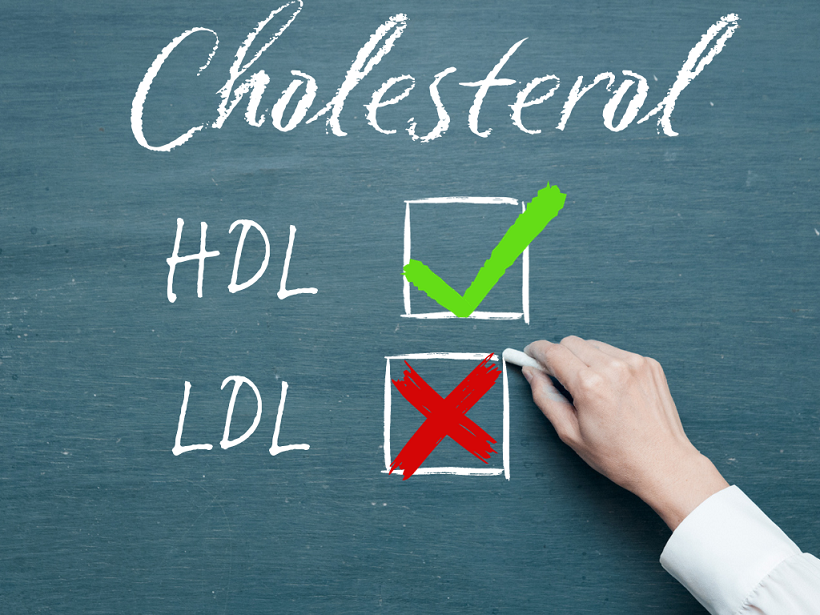The other kind of Liver Disease
Non-Alcoholic Fatty Liver Disease (NAFLD) is on the rise and is caused by poor dietary choices. But just like anything that is caused by a poor diet, it can be improved with a good one. If you would like to know more about Alcoholic Fatty Liver Disease (AFLD), see my article from last month, but for NAFLD, read on. Non-Alcoholic Fatty Liver Disease Unlike AFLD, NAFLD isn't primarily linked to alcohol consumption. Instead, it results from factors such as poor dietary choices, sedentary lifestyles, and insulin resistance. The liver, faced with an influx of refined sugars and unhealthy fats, undergoes a process where excess glucose is converted into fat, leading to the accumulation observed in NAFLD. Diagnosis NAFLD is diagnosed the same as AFLD, by a blood test,...





















